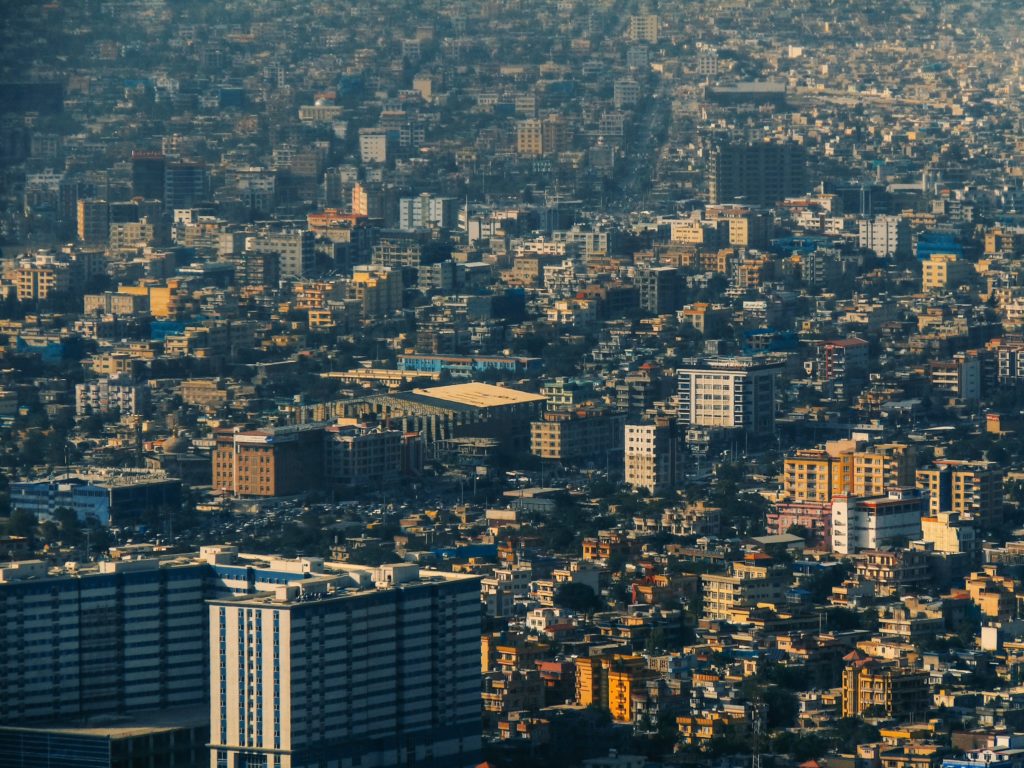Afghanistan has long been at the crossroads of key trade routes. The legendary Silk Road is just one of many that have served the region over the years. The Afghan people have slowly marched toward peace and prosperity over the last seventeen years, and their economy has seen a parabolic rise till 2014. Afghanistan’s economy grew slowly after 2014 due to military, political, and economic developments. Nonetheless, as the economies of Central and South Asia continue to grow and become more connected to the global economy, Afghanistan is re-emerging as a major commercial hub.
Of course, Afghanistan is recuperating from wars, but it is doing so in the best way imaginable. Many sectors have experienced tremendous development, and business is no exception. The Afghan government has been encouraging trade like never before, and international investment is welcomed with open arms.

Companies Structures in Afghanistan
Foreigners prefer limited liability firms, corporations, and branch offices among the numerous types of companies available in Afghanistan.
Limited Liability Company
In Afghanistan, a limited liability company must have at least one director and two shareholders. It makes no difference whether they are locals or not. In any case, you’ll need a local company representative, as well as a board of supervisors members who live in Afghanistan. In Afghanistan, the limited liability company can be entirely controlled by foreigners. Minimum share capital is not required to form an Afghanistan limited liability corporation.
Corporation
A corporation is comparable to a limited liability company in that it must follow the same rules. Furthermore, foreigners can purchase the entire business. Corporations just need one director and two shareholders to function. They do not have to be residents, but you will require a resident company agent and board of supervisors, much like the previous company type. A minimum paid-up capital of USD 1 is required.
Branch Office
You can also open a branch office in Afghanistan if you are a foreigner. Of course, a branch office represents a parent firm and is not treated as a separate legal entity. You won’t need to nominate directors or shareholders as a result. You will, however, need to appoint one local agent in your Afghanistan branch office.
Investing in Afghanistan
Afghanistan’s long-term success depends on its ability to build a strong economy. Afghanistan’s government is committed to fostering a business-friendly environment. Infrastructure, banking, customs, and legal reforms have all improved significantly in the last three years. The government has also passed one of the region’s most open investment laws and is devoted to promoting investment and commerce by lowering taxes and tariffs.
Afghanistan is a strategically important trading hub. Pakistan, India, Korea, China, Japan, Germany, and the United Arab Emirates are Afghanistan’s main trading partners now. One of the government’s top priorities is to make the best use of donor aid supplied by our international partners to stimulate investment, trade, and private-sector development. Afghan entrepreneurs, who have forged successful careers in telecommunications, IT, and other areas, account for the majority of substantial foreign direct investments in Afghanistan.
Economic growth
Afghanistan’s economy is still significantly reliant on international handouts. According to estimates, foreign grants covered 80 percent of government spending in 2018. Government spending accounts for roughly 58 percent of GDP, with security spending accounting for the majority of it.
Over the following decade, the goal is for it to become self-sufficient and headed by the private sector.
COVID-19 is estimated to have a 5.5 percent to 7.4 percent impact on the Afghan economy in 2020. Afghanistan’s economy grew slowly even before COVID-19. Afghanistan’s economic growth has averaged only 2.3 percent over the last three years due to increased political uncertainty and increased violence.
Afghanistan’s Gross Domestic Product (GDP) is expected to expand by 2.5 percent in 2015, according to the World Bank. In the medium term, growth could reach 5%, although this is contingent on better stability and the implementation of key reforms.







